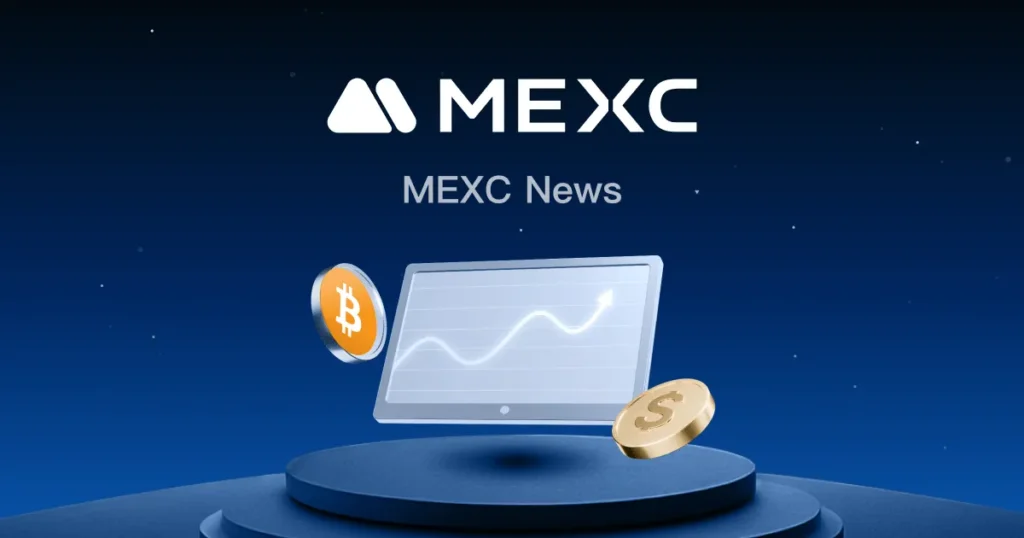Western Union Pilots Stablecoin-Based Settlement System for Global Remittances
In a significant development in the financial technology landscape, Western Union, one of the leaders in global payment services, has begun piloting a stablecoin-based settlement system aimed at facilitating global remittances. This move marks a pivotal shift for the centuries-old company as it adapts to the emerging trends of digital currency.
Western Union has always been at the forefront of innovation in money transfer services, and its latest venture into the realm of cryptocurrencies is an effort to harness the efficiency of blockchain technology. By incorporating stablecoins, which are digital currencies pegged to stable assets like the USD, Western Union aims to offer more reliable and instantaneous transactions across borders.
The Shift Towards Digital Integration
The pilot program demonstrates Western Union’s commitment to integrating digital technologies into its core services. Stablecoins offer the advantage of reduced volatility, which is a common issue with other forms of cryptocurrencies like Bitcoin and Ethereum. This stability is crucial for ensuring that both senders and receivers in a transaction can rely on the transferred value, without the risk of sudden price fluctuations.
Benefits of Blockchain
Blockchain technology, the backbone of cryptocurrency transactions, provides several benefits over traditional transfer methods. It enhances the transparency and security of transactions, due to its decentralized and immutable ledger system. Every transaction on blockchain is recorded in a way that cannot be altered, which drastically reduces the potential for fraud.
Moreover, blockchain can expedite the remittance process by eliminating the need for intermediaries, thus reducing transaction times from days to mere minutes. This is a significant advantage for customers who rely on quick transfers, particularly in urgent situations.
Operational Details and Strategic Partnerships
Western Union has not only developed its infrastructure but has also entered into strategic partnerships with leading blockchain networks that specialize in stablecoin technology. These partnerships will ensure efficient executions of cross-border payments by leveraging the partners’ established and robust blockchain platforms.
Through the pilot program, Western Union is exploring various stablecoins to determine which are most effective for different regions based on liquidity, reliability, and regulatory compliance. This due diligence is crucial as different countries have varying regulations concerning the use of digital currencies.
Impact on the Remittance Market
The global remittance market, which the World Bank estimated to be worth over $700 billion annually, stands to benefit significantly from Western Union’s shift towards a stablecoin-based settlement system. Not only could this move reduce costs associated with remittances, but it could also increase access to money transfer services in underbanked regions of the world.
Developing countries, where remittances form a large part of the economy, are likely to see positive impacts in terms of economic stability and individual financial empowerment. The ease and reduced cost of sending money could support more frequent and necessary financial transactions for households in these regions.
Looking Ahead
While the pilot is just a preliminary step into the world of cryptocurrencies for Western Union, the potential for full-scale implementation could transform the entire landscape of global money transfers. It positions Western Union as a forward-thinking corporation, in tune with digital advancements and ready to cater to the next generation of consumers.
As the pilot progresses, the financial industry will be watching closely to see how effectively stablecoin-based systems can address the longstanding challenges of cost, speed, and access in remittances. If successful, Western Union’s initiative may set a new standard for global money transfer services, prompting widespread adoption in the financial sector.
In conclusion, Western Union’s exploration of stablecoins for settling global remittances could herald a major shift not just for the company, but for the wider remittance industry. By driving down costs and reducing transfer times, this move could greatly benefit consumers worldwide, particularly in developing nations where remittance payments are a crucial part of the economy.








